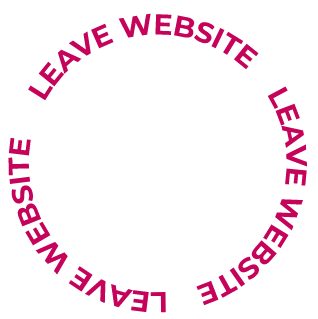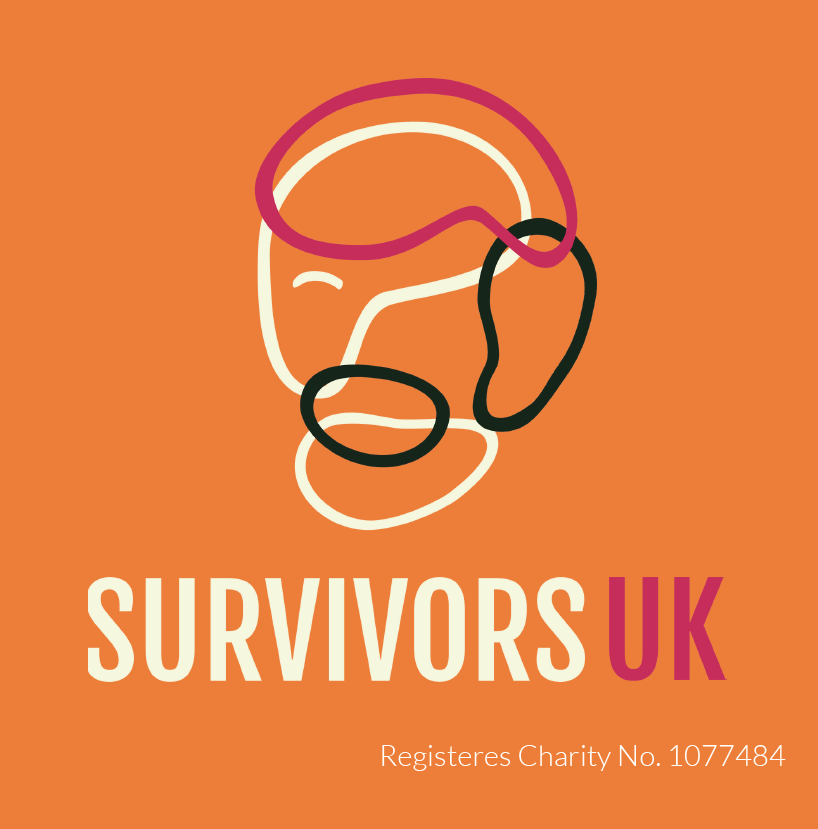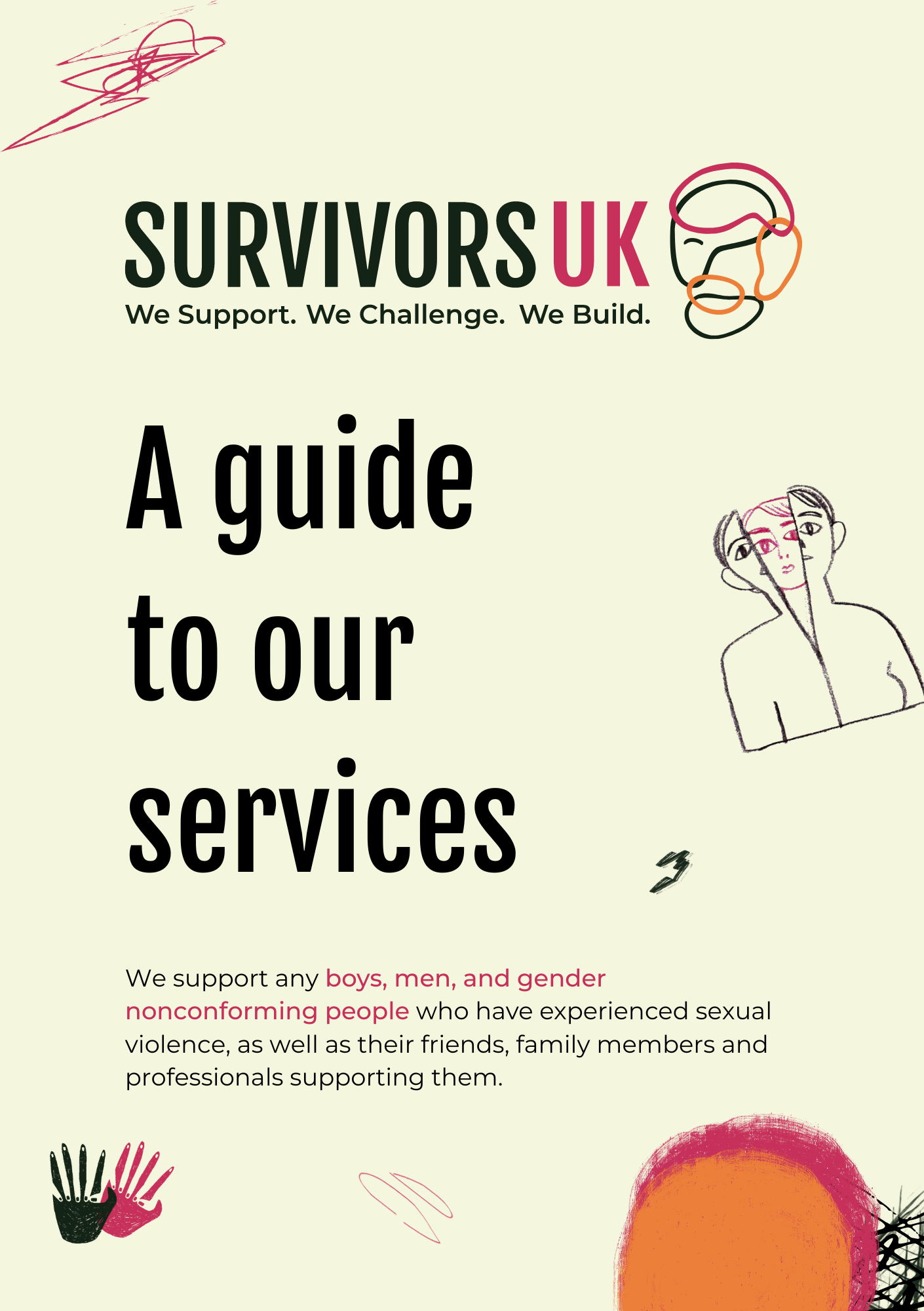
Obsessing about obsessing

Obsessing about obsessing!?!
I decided I’d got to stop obsessing. I began to obsess about it.
Before that I became acutely conscious of others that obsess (how easy it is for me to see the faults of others but not my own). You know those people: just about every conversation seems to get bent into their obsession. They’ve got a script in their heads and they switch it on, engage their vocals and you know you’re done for. They become almost otherworldly: they’re talking at you not to you. Your heart sinks. Typically you avoid them because they obsess about something or other. You are polite so you listen. You ‘hmm’ at the right points. You empathise and sympathise (and in my opinion, you fuel their obsession).
They’re stuck. They’re not moving. They’re going round and round. They are choosing to obsess!
I obsess. Frankly, I don’t think I obsess verbally but I obsess in my head – although I must accept I may be wrong about this! (not being wrong can be a survivor’s defense mechanism – it was/is mine).
So, if I want to deal with something, with an issue like obsessing for example, firstly I must understand it, the concept of it.
The truth about obsessing is brutal. Dealing with it takes brutal honesty. So I’m going to give it to you and it’s going to sting!
Firstly, get this: are you are using your abuse as an “excuse”?
You’re not listening to anyone. You’re not taking any advice. You’re not moving on. You’ve gone beyond having a ‘voice’ i.e. speaking about your abuse – which is vital! – you’ve gone beyond telling people that you were abused – very important – you are using the same script, round and round, often to the same people. And ask yourself…where is the line? Where is the line between sharing and simply hoping that someday someone is going to reach in and take it all away for you?
Consider that maybe you are “not taking responsibility for your recovery” which owes a lot to self awareness. It feels safe to keep going round and round. So what about looking at your behaviours objectively and choosing to do something about them? This is a difficult balance. Walking the line between the very important necessity to share – which is fundamental to recovery given that you may have spent your life harbouring what you believed was a dark secret – and getting stuck and using your abuse as an “excuse”…if you’re honest with yourself you will see the line, although it may wobble and you may need a professional to offer guidance.
Let’s be very clear. You are NOT responsible for your abuse but you ARE responsible for your recovery.
Only you are responsible for your recovery, no one else. Not your therapist, the therapies, your friends, your partner. Ultimately, you and you only!
No one is going to take the abuse away. No one is going to make you recover. The therapist; this therapist, the latest one with the different ‘mode’, is not going to take the abuse away. The therapist or therapy is NOT responsible for your recovery. Just turning up to group therapy is not going to make you mentally healthy. Your friend or partner will not make you recover and find you a better life.

All will help only if you take responsibility for your recovery and choose to recover, choose to keep moving, choose to learn, choose to accept and choose to change.
That’s not fair! No, it’s not! It’s not fair that you were abused. In fact, it’s well beyond the concept of ‘fair’. Grasping and accepting this is hard. Accepting that you were abused is very hard. Accepting that you are totally responsible for your recovery is hard. But if you don’t you will obsess and you will stay a victim, and that will be your choice, nobody else’s!
Why obsess? Because it’s safe. Maybe you haven’t accepted your situation and you haven’t taken responsibility for your recovery so you obsess because it’s safe. It’s familiar to go round and round. It’s safe to keep going down the same neural path. It feels safe and familiar to be the victim.
Taking responsibility for your recovery; consciously learning, accepting, changing, takes effort. It takes courage. It takes brutal self honesty. It’s about going into the unknown and that can be a scary proposition.
If you’ve talked about your abuse; if you’ve sought help and been as open an honest as you can; if you shared your story then you have taken the first vital steps. People will believe you. Talking about and sharing your story helps to dissipate it. But it doesn’t stop there. That, I believe, is just part of the recovery process.
Who better to choose to recover than you?
Who better to manage your recovery than you?
Who better to give you the gift of freedom from obsessing than you?
Ok got it. So how do I deal with obsessing? Maybe try this:
1. Firstly you need to recognise that you are obsessing. You need to realise that you are going round and round over the same thoughts and dialogue. Some never get this far.
2. Next you need to accept that you are obsessing. “I am obsessing about x”
3. Then decide you want to stop, or at least cut it down. So you decide that you have control over what you think and that you are going to free you from obsessing.
4. Realise that you are only obsessing. That you are only going round and round. That you are not doing it because at some point you will resolve the issue you are obsessing about. You are not resolving the issue by obsessing.
5. Look at what you are obsessing about. Be brutally honest about the source of your obsession and be brutally honest about what you are not accepting. If you are obsessing it’s likely that you are not accepting something.
6. Understand in logical, rational brutally honest terms the real why you are obsessing and then accept it. (Very hard – only you can do this)
7. Recognise that you are choosing to obsess because at some level you want to.
8. NB I recently read that if you simply try and switch off from obsessing you are pushing a balloon under water – it will resurface. So maybe try to consciously redirect your neural pathways. So, when you start to obsess slide the train track over so the train goes down a different track. For example, into the moment, slide the train into the present…’what is happening around me right now?’…’What colours can I see?’…’What can I hear?’…etc. Or set up a mantra, ’I love myself…I am worthy.’
9. Repeat 8…obsessively!
10. Let go. To be free you have to let go.
Not easy. I know it well.
I’m coming to the end of obsessing/fantasizing about torturing my father to death (my abuser – he’s already dead). Why? At first, it was because I was so chronically knotted up with anger, but later, when I was honest with myself, because I got a hit out of it…a rush…but it had become a destructive habit and it had come to a point where it’s not therapeutic. I’m not moving forwards, I’m simply perpetuating the effects of the abuse and the cost is an adrenaline dump (exhausting), a black out of consciousness and a loss of time when I could be doing or thinking about something more constructive. And often as part of the come down I would reach for numbing drugs (marijuana in my case).
I also struggled with 10. I figured ‘letting go’ was the same thing as submission and therefore being a victim. But it’s not. Letting go is only submission to yourself and allowing you to reclaim your freedom for you.
You’ll win brother.
Greg






